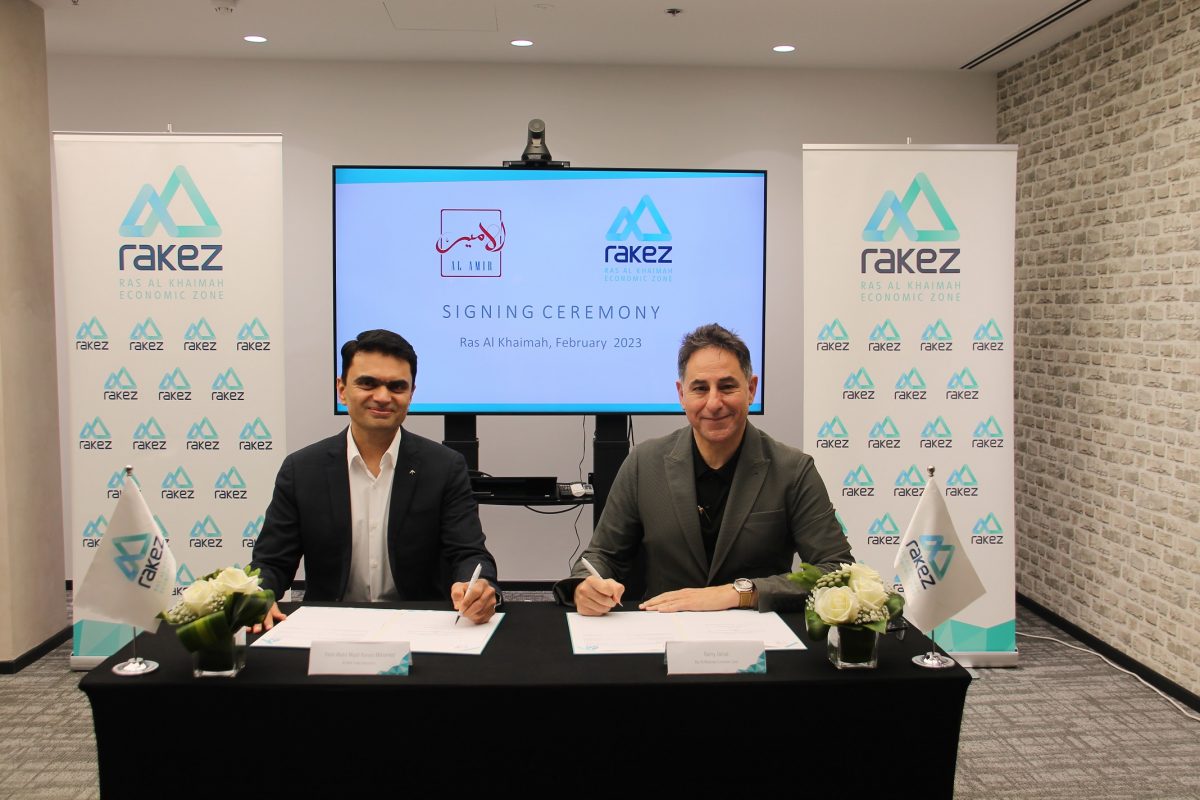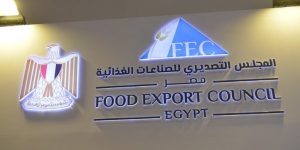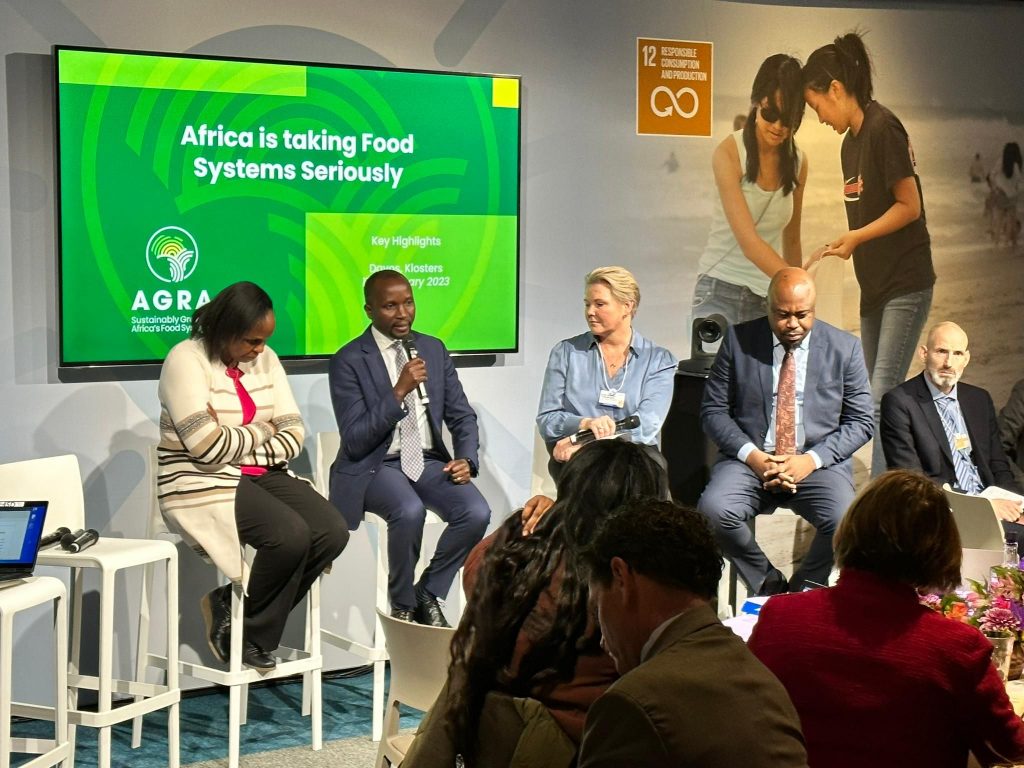With a growing demand for healthy foods and e-commerce, Dubai Chamber highlights $545 million F&B opportunities at EXPO 2020

Dubai, UAE – The Dubai Chamber of Commerce and Industry organised a networking event at its headquarters today, on the sidelines of the 25th Gulfood exhibition, to highlight investment opportunities in the emirate’s food and beverage (F&B) sector.
The event brought together close to 350 participants from 60 countries, marking a 29% growth from last year’s turnout. Some 27 VIPs, including ministers, ambassadors and consul generals in the UAE, also attended the function, where attendees explored the competitive advantages and opportunities Dubai offers in the F&B industries.
Mr Atiq Juma Nasib, Senior Vice President of Commercial Services at Dubai Chamber, said: “Due to its strategic location and a growing tourism sector, Dubai offers immense opportunities in the F&B sector. This briefing comes at a time of rapid expansion for Dubai as the city prepares for Expo 2020.
Set to attract 25 million visitors over a six-month period, the upcoming mega event is among the key factors driving demand and growth in the UAE’s food and beverage sector. Onsite F&B sales alone are expected to top $545 million, according to EXPO 2020 and Alpen Capital, with up to 835,000 meals served to visitors each hour.
Nasib pointed to the UAE’s leading global position in the F&B industries, where it is ranked first in the MENA region and 18th in the world for attractive investment environment in the F&B sector in the first quarter of 2020 on the Fitch Connect Risk Reward Index. This, in turn, reflects the UAE’s growing appeal to investors from around the world.
The SVP of Commercial Services called on global financiers to invest in Dubai, revealing the emirate’s tremendous investment opportunities in food processing, innovative agriculture and halal food, which is one of the fastest growing segments of the Islamic economy and forecasted to grow to $1.93 trillion by 2022.
More food brands and products, franchises and restaurants continue to enter the local market, while consumers continue to shift towards organic and healthier options and convenient delivery apps that are changing industry norms and providing new investment opportunities.
Mohammed Bin Sulaiman, Senior Manager – Business Relations at Dubai Chamber, talked about Dubai’s economic prospects and outlook, and Nizami Imamverdiyev, Economic Researcher – Economic Research & Business Development gave a presentation on the city’s food sector outlook and opportunities.
According to Euromonitor data, the sale of fresh food items in the UAE will grow at a compound annual growth rate (CAGR) of 5.2% in the 2018-2023 period. Moreover, sales of meat products are set to increase by 7% (CAGR) over the same period, while sales of grains and pulses expand by 5.5%, nuts by 5.4%, vegetables by 5%, fruits by 4%, eggs by 4%, and fish and seafood by 3.7%.
The Middle East and North Africa (MENA) region ranks first in the world in F&B consumption forecasts for the 2018-2023 period, which reinforces Dubai’s attractiveness to investors, given its status as a gateway for FDI in the food industries.
According to Euromonitor, the United States accounted for 11% of Dubai’s F&B imports in that period, followed by India at 10%, Brazil at 9% and Australia at 4%. Dubai’s top destination for exports of food and beverage in the same period were the Sultanate of Oman with 11%, Iraq with 8%, Saudi Arabia with 6%, and China with 3%.
The main F&B items imported by Dubai in the Q1-Q3 2019 period were fruits and nuts, accounting for 15% of the total imports, followed by meat products at 13%, and dairy products at 8%.
As part of the Dubai Chamber’s activities to promote the Gulfood exhibition, the representative offices in Baku, Azerbaijan, and Addis Ababa, Ethiopia, has led two commercial missions to participate in Gulfood, and explore the advantages of trading with Dubai-based merchants.
The delegates held a roundtable discussion with UAE banks on factoring, and toured the Al Aweer Fruit & Vegetable market. The delegates also held meetings with various vendors, such as Barakat, Kibsons, and Spinneys to get an overview of their business models and tour their facilities. They also held meetings with the DMCC Coffee Centre and Chef Middle East to get information about logistics of the food industry and the trade and investment potential.



